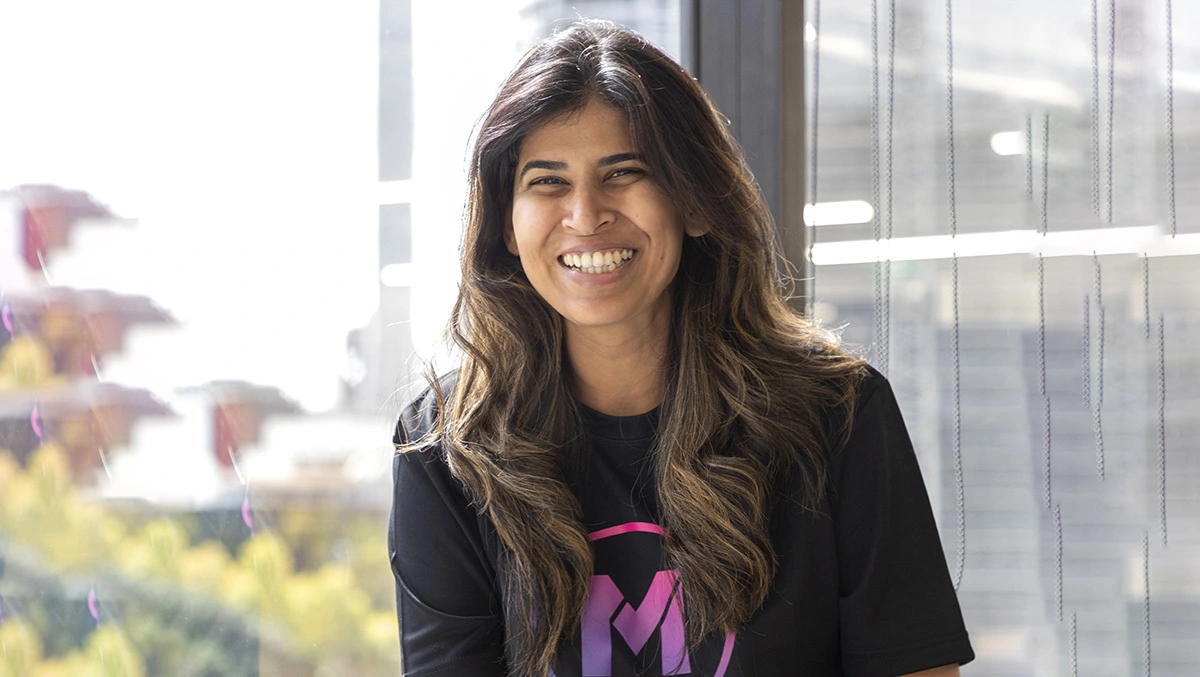
IWD 2024: Diversity and innovation: solutions to tech skills-shortages
The shortage of senior IT professionals for NZ businesses regularly attracts media headlines, but at the other end of the experience scale, the crucial pipeline of entry-level graduates for the industry also needs urgent attention.
A recent NZ Tech Digital Skills Forum suggested the industry still needs 4-5000 new tech professionals each year. Yet, surveys of school leavers reveal few of them are actively pursuing a tech career.
Historically, demand for tech talent has been largely filled through overseas talent recruitment, and most NZ companies focus on hiring intermediate to senior roles. The key reason cited by NZ tech businesses for not hiring juniors locally is a lack of relevant professional skills, in-demand technical skills, and work experience.
Māori and Pasifika represent less than 4% and 3%, respectively, of the tech industry, and female tech employees represent only 27%.
Given the critical need for local talent in the tech industry, we need to create new ways to identify and prepare candidates for careers in the NZ technology sector. It requires an approach that focuses on diverse pathways into the industry – from both an ethnicity and gender perspective. We need to make tech education and careers accessible and affordable.
There are also a significant number of 'career-shifters' looking for careers in tech. Coming from sectors like nursing, teaching and hospitality, they are looking for ways to access better pay and greater flexibility in their career. Having obtained a degree, they need an accelerated path that avoids three years of study with the associated costs and debts.
This insight led to the founding of Mission Ready, NZ's first tech career accelerator programme. The programme's two-pronged focus is accelerated skills development combined with mentored work experience.
Following 10 – 20-week accelerator courses, students are placed for up to 10 weeks of mentored work experience with leading tech employers where they work on actual projects. Students develop the soft skills required in a professional organisation, overcoming common objections. The relationships students develop via these partnerships have led to very high employment success rates for the graduates.
For employers, the model provides a mechanism to help develop junior local talent that creates a sustainable talent pipeline. The diversity of graduates is highly appealing to employers, allowing them to tap into talent from non-typical pathways and fulfil their diversity benchmark requirements.
Partnerships with organisations like Auckland Council and The Southern Initiative help to provide scholarships and pathways for talent who otherwise can't train for a tech career. They also make it possible for students from lower socio-economic schools to help balance the industry's historical diversity deficit.
The industry average for female participation in IT courses is just 10%. In addressing gender diversity, Mission Ready's intakes have been as high as 43% female. The flexibility of tech roles allowing WFH (indeed WFA – work from anywhere) holds high appeal to candidates – especially those coming from roles with low flexibility careers mentioned earlier, such as teaching, nursing, hospitality, etc.
To make getting into tech training and related entry-level jobs more accessible, Mission Ready recently launched a programme offering unemployed/underemployed potential candidates the option to repay their fees only once they are successfully employed in the industry. Māori and Pasifika now make up 30% of Mission Ready's cohort.
This innovative approach is part of Mission Ready's vision to create a better world by developing and coaching talented, creative individuals and guiding them into exciting tech-enabled careers with organisations that care.
Mission Ready is now the fastest-growing IT training provider in the country.